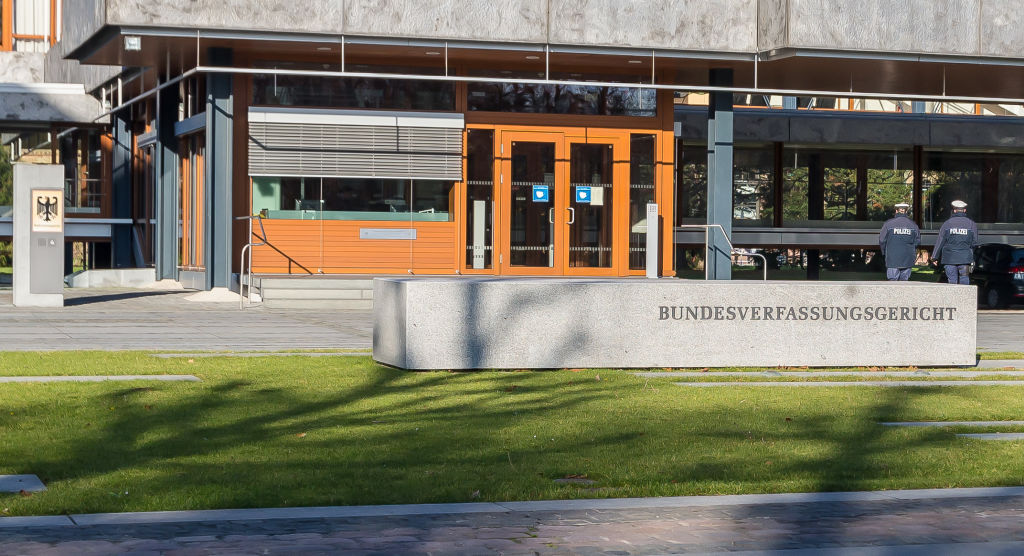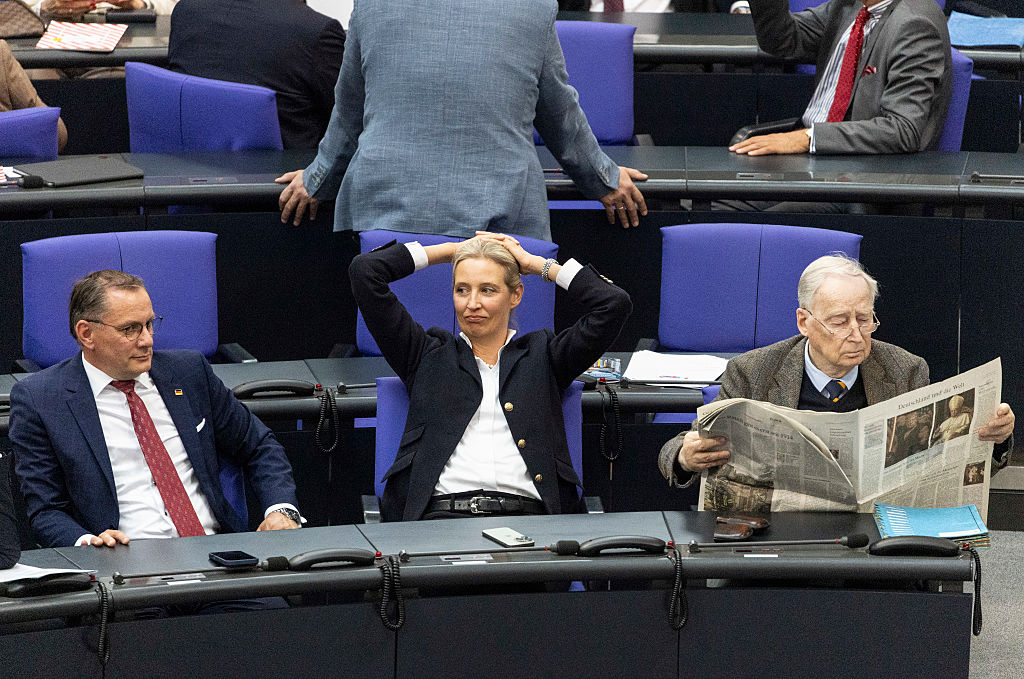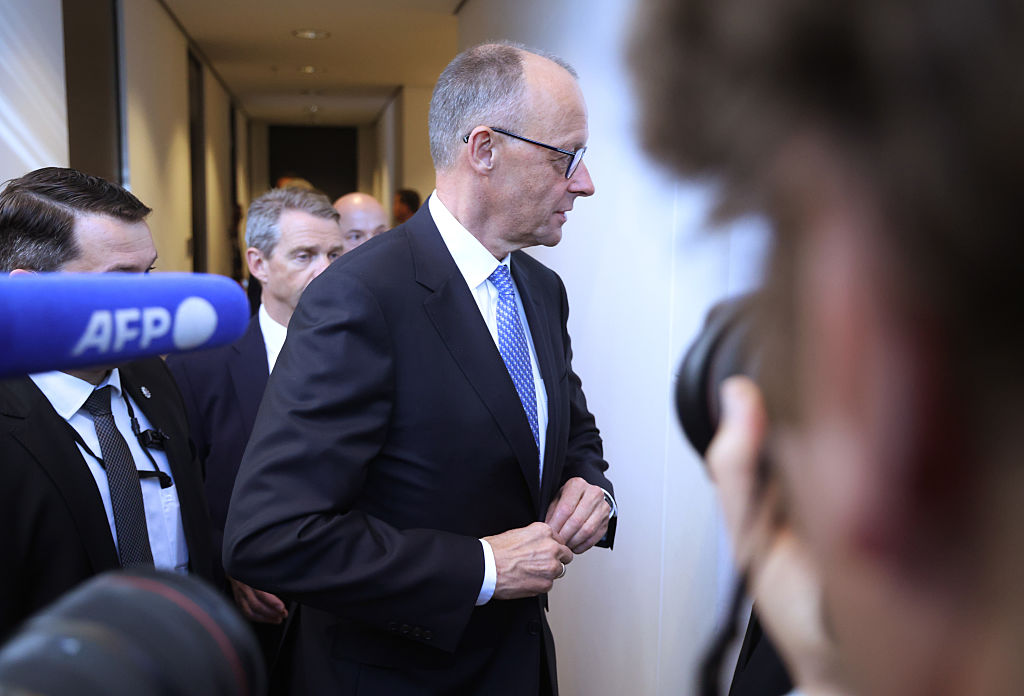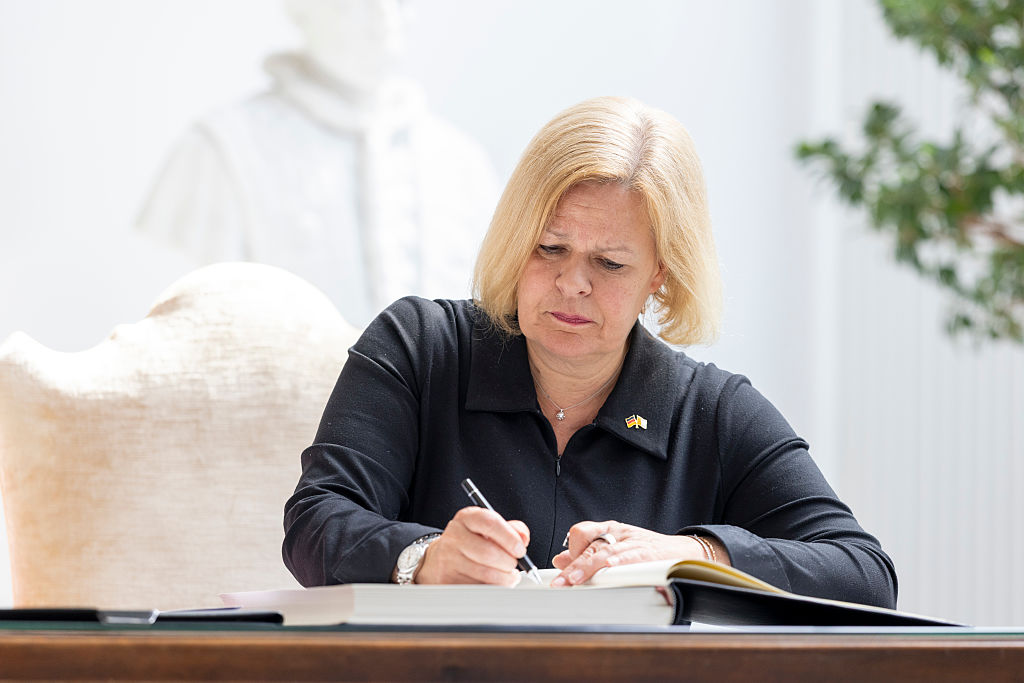The median net worth of a German household has dropped from €90,500 in 2021 to €76,000 in 2023, after adjusting for inflation.
That was revealed in the latest monthly research report by the Bundesbank, Germany’s central bank.
While median wealth – the value at which half the population’s net worth was above and the other half’s net worth below – grew slightly, adjusting for the high inflation seen in 2022 and 2023 yields a 15 per cent decline in household wealth.
Average household wealth dropped by 11 per cent to €239,200. This value, though, was distorted by a few very wealthy households and thus less representative for the situation of the public than the median value, according to the report authors.
Economist Thorsten Polleit, president of the NGO Mises Institute, part of the Austrian School of economics, expressed concern about the report’s findings. In a post on May 8 on X he wrote: “The truth: Germany is becoming impoverished.”
Bundesbank: "Der Median der Nettovermögen … ging inflationsbereinigt deutlich von 90 500 € im Jahr 2021 auf 76 000 € im Jahr 2023 zurück." (S. 33)
Wahrheit: Deutschland verarmt.https://t.co/ziE7yAQ655— Thorsten Polleit (@ThorstenPolleit) May 8, 2025
The report was based on a survey of German households that the Bundesbank conducted every two to three years. The next was set to take place in 2026.
The central bank attributed the household wealth decline to high inflation, rising interest rates and stagnant or falling real estate prices.
Furthermore, share prices only grew moderately from 2021 to 2023 and thus could not offset losses from other assets.
The data did not show rising inequality. The share of the decile of the richest households in total net worth even declined slightly, from 56 per cent in 2021 to 54 per cent in 2023. In descriptive statistics, a decile is any of the nine values that divide the sorted data into ten equal parts, so that each part represents 1/10 of the sample or population.
Germany’s Gini coefficient – a measure of wealth inequality – remained almost constant at 72.4 per cent.
The authors noted that wealth inequality would decrease further when taking into account households’ claims to payments from public pension systems and similar assets.
Factoring in these claims generally greatly improved the net wealth situation of poorer households. The report’s authors predicted that Germany’s Gini coefficient would drop to 58 per cent in that case.
The Bundesbank survey also showed that poorer households primarily invested in low-risk and low-return assets such as bank savings, while wealthier households invested more in investment funds and stocks.
The main difference in relative wealth lay in real estate ownership: The median wealth for householders who owned real estate was €380,000 to €450,000, depending on whether there was a mortgage to pay or not.
Meanwhile, renting tenants only had median wealth of €18,300.
Thirty-five years after German reunification, there were still major regional differences in wealth.
Median wealth for Eastern German households was substantially lower at €35,900 than in Western Germany at €364,900.





